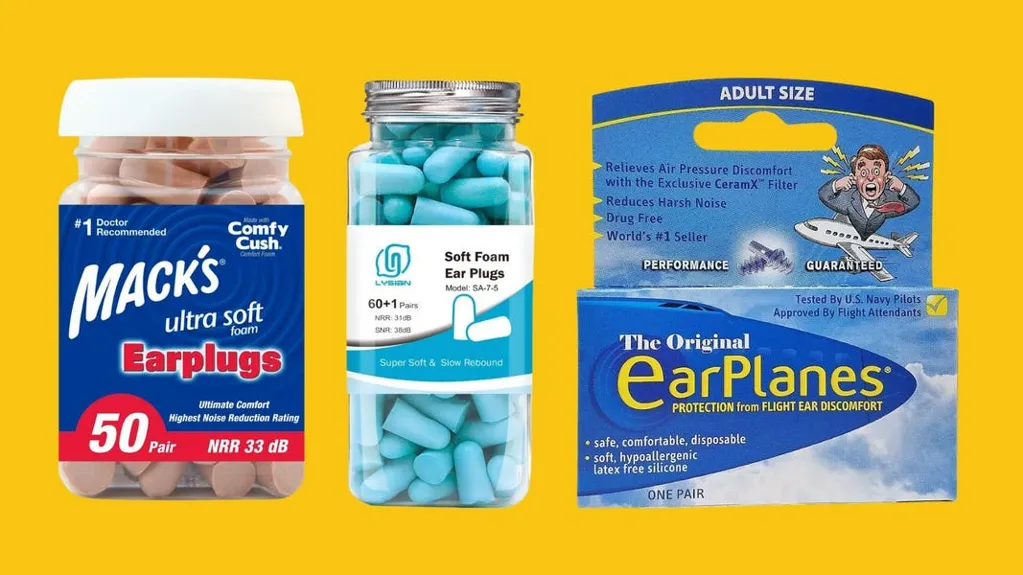I work across several categories, including lifestyle and gear.
Getting a solid night of rest can be easier said than done, especially for light sleepers or couples who share a bed with a snoring partner. Earplugs pose a small but mighty solution to the problem of nighttime noise, reducing the volume of boisterous cities or rowdy neighbors for sounder rest. Our pick for the best earplugs for sleep overall, the Mack's Ultra Soft Foam Earplugs, have an impressive noise reduction rating and thousands of 5-star customer reviews that speak to their effectiveness and come expert-recommended.
While earplugs can't completely eliminate noise, the highest-rated options mentioned below can significantly reduce it. And when used in conjunction with other sleep aids like white noise machines, you create an environment that's less disruptive to a night of slumber. After extensive research and speaking with medical experts, we've rounded up a variety of earplugs, from foam to silicone options.
The Forbes Vetted sleep team has compiled a vast library of mattress and sleep content with the goal of helping our readers achieve better sleep. We frequently cover the best sleep products, including sleep masks and anti-snore devices.
In addition to consulting with experts, we focused our research on earplugs designed specifically for sleep in order to recommend the most comfortable and accommodating picks. We also took consumer reviews into consideration to ensure each product is highly rated.
When shopping for earplugs for sleep, there are several factors to keep in mind.
Noise-reduction rating (RRR) measures how effective a hearing protection device is at reducing noise -- the higher the rating, the more noise that's reduced. When choosing a pair of earplugs for sleep, consider your sleep environment and how much reduction you need. Those dealing with environments or factors exceptionally disruptive to their sleep might benefit from a custom earplug, fitted by an audiologist or hearing aid technician. "This has the advantage of conforming to the unique anatomy of the individual's ear, creating a comfortable but perfect seal," says Weiner.
The most common materials for earplugs are foam, silicone and wax, and they come with their own advantages and disadvantages. "Foam provides better noise reduction, while silicone can be more comfortable for people with sensitive ears (sensitive to the touch)," says Cushing. The material of an earplug often determines its reusability, too. Foam earplugs are typically disposable while silicone and wax styles can be reworn frequently.
As with anything that's being inserted into the ear canal, it's important to be mindful of potential risks including cerumen (earwax) impaction or skin irritation. While Cushing says these risks are rare, he recommends using fresh or clean earplugs each night to practice precaution. "Watch for pain, itching or discharge; if you have any of those, stop using the plugs and get checked out," says Cushing.
